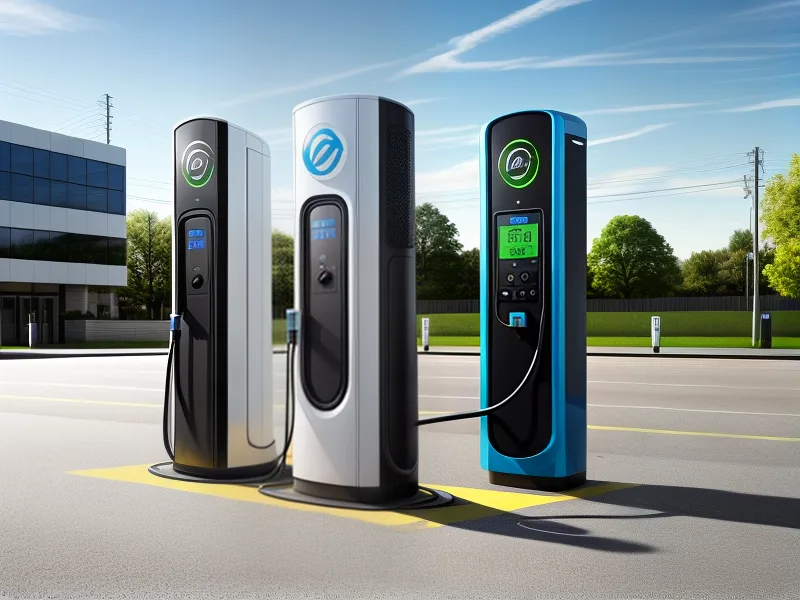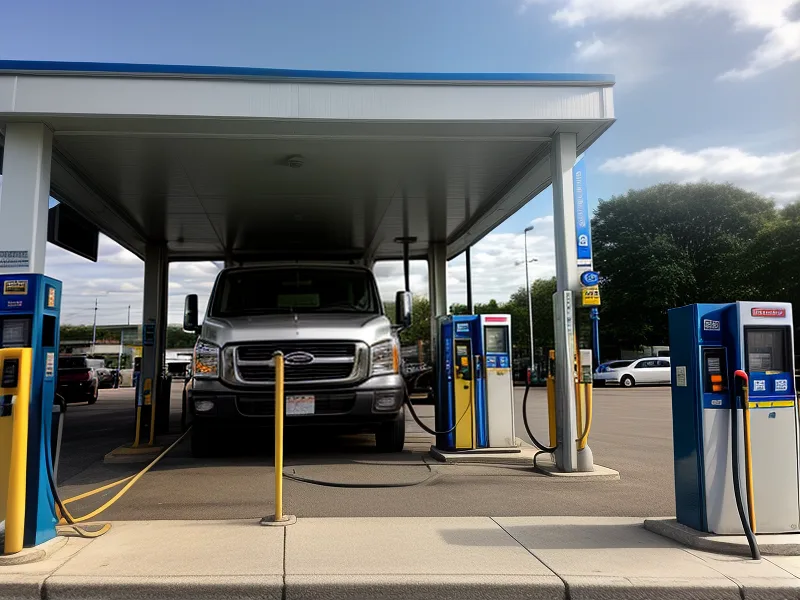Electric vs Gas: The True Cost of Car Insurance
Comparing Auto Insurance Costs for Electric and Gas Cars
Discover the financial implications of insuring electric vehicles compared to traditional gas-powered cars. Understand the factors that influence insurance premiums and make an informed decision.
Comprehensive Analysis
We break down the key elements that affect insurance costs for both electric and gas vehicles.
Expert Insights
Gain insights from industry experts on the evolving landscape of car insurance.
Understanding Insurance Costs
Why Compare Electric and Gas Vehicle Insurance?
Key Factors Affecting Insurance Costs

Repair and Maintenance Costs
Electric vehicles often have higher repair costs due to specialized parts and technology. This can influence the overall insurance premiums.

Advanced Safety Features
Many electric vehicles come equipped with advanced safety features that can lower insurance costs by reducing the likelihood of accidents.

Theft Rates
Theft rates for electric vehicles are generally lower compared to gas vehicles, which can result in lower insurance premiums.
Key Features Impacting Gas Vehicle Insurance Costs

Fuel Type
Engine Size
Emissions
Repair Costs
Exploring Insurance Costs: Electric Vehicles vs. Gas-Powered Cars
As electric vehicles (EVs) continue to gain popularity, many drivers are considering making the switch from traditional gas-powered cars. While factors like environmental impact and fuel savings are often discussed, one important consideration is the difference in insurance costs. In this blog post, we’ll explore the key factors that influence insurance rates for both electric and gas vehicles, helping you make an informed decision.
The Basics of Car Insurance
Before diving into the specifics, it’s essential to understand the basics of car insurance. Insurance premiums are determined by a variety of factors, including:
- Vehicle make and model
- Driver’s age and driving history
- Location
- Coverage levels
- Vehicle usage
Each of these factors can influence the cost of insuring a vehicle, whether it’s powered by electricity or gasoline.
Insurance Cost Comparison: Electric vs. Gas Vehicles
Understanding the differences in insurance costs between electric and gas vehicles can help you make an informed decision when purchasing a car.
Average Premiums
Electric vehicles: $1,200/year
Gas vehicles: $1,500/year
2023
Claim Rates
Electric vehicles tend to have lower claim rates due to fewer moving parts and advanced safety features.
2023
Repair Costs
While electric vehicles have higher initial repair costs, their overall maintenance is cheaper compared to gas vehicles.
2023
Environmental Impact
Electric vehicles produce zero emissions, which can lead to lower insurance costs in states with strict environmental regulations.
2023
Conclusion: Insurance Costs: EVs vs. Gas Vehicles
- Initial Premiums: On average, electric vehicles can have higher initial insurance premiums compared to gas vehicles. This is primarily due to the higher purchase price and repair costs associated with EVs.
- Long-term Savings: While EV insurance premiums may be higher, drivers can offset these costs with fuel savings and potential tax incentives. Additionally, as the EV market grows and more repair shops specialize in electric vehicles, repair costs may decrease, potentially lowering insurance premiums over time.
- Discounts and Incentives: Some insurance companies offer discounts specifically for electric vehicles. These discounts can help reduce the overall cost of insuring an EV, making it more competitive with gas vehicles.
Making an Informed Decision
When deciding between an electric and gas vehicle, it’s important to consider all factors, including insurance costs. Here are a few tips to help you make an informed decision:
- Compare Quotes: Get insurance quotes for both electric and gas vehicles to see the difference in premiums.
- Research Discounts: Look for insurers that offer discounts for electric vehicles or specific safety features.
- Consider Total Ownership Costs: Factor in fuel savings, maintenance costs, and potential tax incentives when comparing the total cost of ownership for EVs and gas vehicles.
- Stay Informed: As the automotive industry evolves, stay updated on changes in insurance trends and technologies that could impact insurance costs.
By understanding the differences in insurance costs between electric and gas vehicles, you can make a more informed decision that aligns with your financial goals and driving needs. Whether you choose an electric vehicle for its environmental benefits or a gas vehicle for its familiarity and lower repair costs, having the right insurance coverage is essential for protecting your investment.
